Corporate Innovation Blockers
Innovation and experimentation are becoming increasingly important capabilities in an increasingly dynamic competitive environment. However, many organisations struggle. Executive surveys highlight disappointment with innovation efforts. Great article covering some of the fallacies/myths that undermine innovation. There are three arguments often directed against change and trying different things (Hirschman). I have heard all of these:
· Perversity thesis - any action taken to improve some aspect of a system will fail, and the organisation will be worse off.
· Futility thesis - any efforts to improve the organisation, will be a waste of time as they won't address the more profound structural challenges.
· Jeopardy thesis - the action, though beneficial, involves unacceptable risk and costs. It’s easy to specify costs and risks upfront - benefits of action are often elusive, especially before the action is taken. This thesis plays on fear, uncertainty, and doubt. This is one that is used…often!
Here are how some of these arguments propel organisational myths about innovation:
1. Experimentation-driven innovation will kill intuition and judgement
2. Online experiments will lead to incremental innovation, but not breakthrough performance changes
3. We don’t have enough hypotheses for large-scale experimentation
4. Brick-and-mortar companies don’t have enough transactions to run experiments
5. We tried A/B testing, but it had only a modest impact on our business performance
6. Understanding causality is no longer needed in the age of big data and business analytics
7. Running experiments on customers without advance consent is always unethical
Great article, well worth a read.
Source: Strategy-Business

